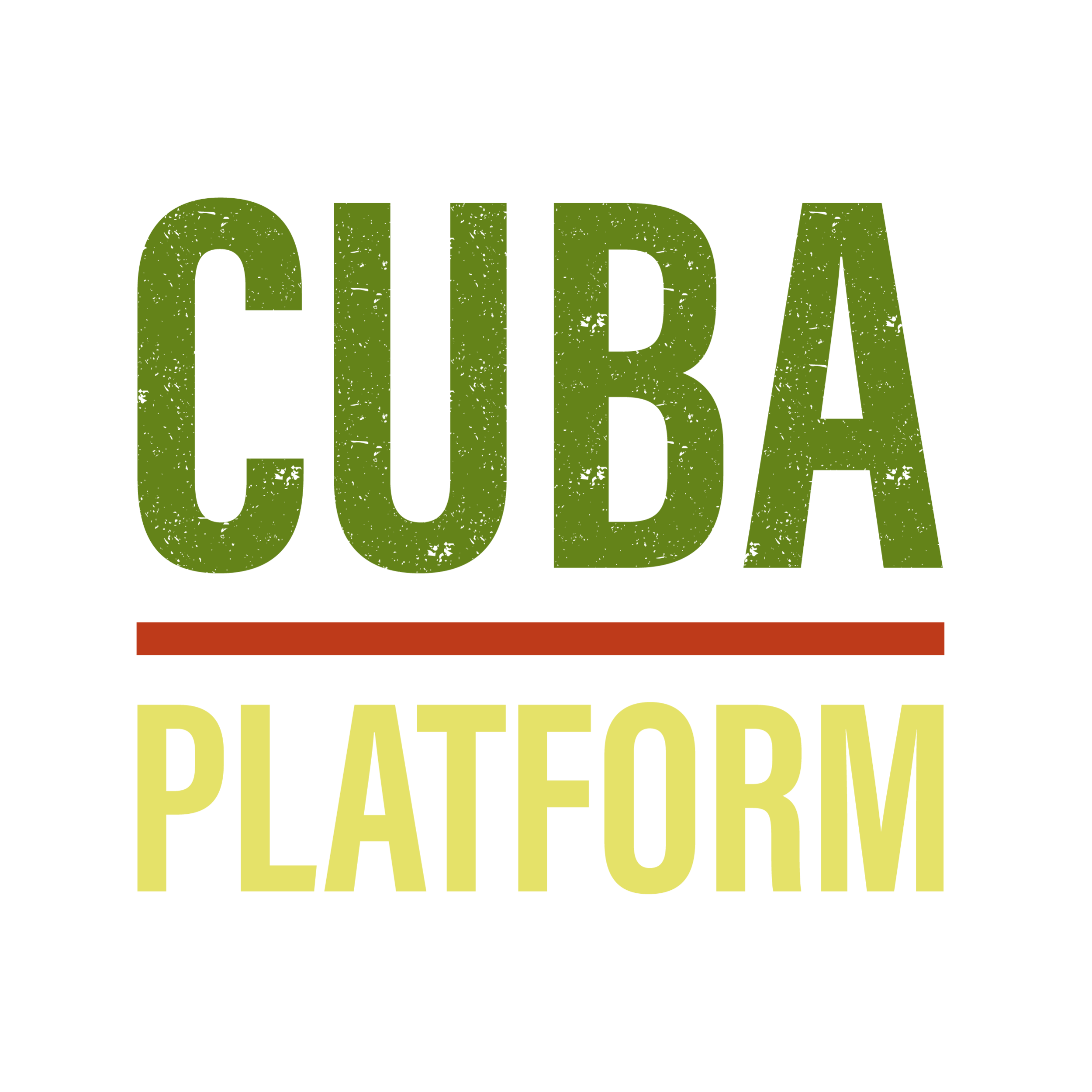Cuba: A Lab for Alternative Economic Models?
Based on an interview with Yociel Marrero Báez[1] conducted by Mariakarla Nodarse[2]
Around the world, a growing set of movements are calling for a different kind of economy. Some speak of the social and solidarity economy, while others emphasize the behavioral economy, the green economy (focusing on environmental concerns), or even the blue economy (with an emphasis on ocean resources). Some, drawing from across these models, simply refer to the movement for “new economies.” While the terminology and diversity in thinking is abundant, there is a common theme: the urgency of moving away from an economy that prioritizes growth at the expense of human well-being, and toward a system that is equitable, ecological, and inclusive.
While finding evidence for the ecological destruction and social precarity that exists under the current hegemonic, global system may be distressingly easy, building concrete alternatives is an enormous challenge. But in the midst of global stories of precarity and change, we see a pathway for experimentation: contemporary Cuba could be the perfect laboratory for the development and implementation of economic alternatives.
Today, Cuba is facing a sharp set of economic challenges, caused by a combination of internal decisions and external conditions: material shortages continue, emigration is high, and economic inequalities are reemerging. In 2011, after President Raúl Castro announced that certain changes had to be made to preserve the ethical, social, political and economic values of socialism, while accelerating the economic development of the country, the Cuban government issued guidelines to initiate an updating of the Cuban economic model with the goal of achieving a prosperous and sustainable society.
But the challenge of the present moment is not unfamiliar; the Cuban people have long-been designing and re-designing their nation to fit the changing environment, like a small Bonsai tree in the big forest of the world economy. The current moment offers the chance to take a transformative leap – past the current challenges and the mistakes that have been made in the name of development around the world – and toward a truly unique Cuban model with sustainability and equity at its core. As the process of updating the economic model continues, Cuba has the opportunity to build financial systems, tax structures, and natural resource management policies that could become models for the world.
Innovation and creativity have long been distinguishing traits of the Cuban people, who have had to solve problems with limited resources. In the “Special Period” of oil and resource scarcity brought on by the collapse of the Soviet Union in the 1990s, Cubans built a world-renowned system for urban agriculture and made ground-breaking progress in low-input agriculture. Today, many Cubans who started their own small-scale businesses in the wake of the 2011 reforms are exploring ways to incorporate ecological and social values into their work. A car wash in eastern Havana has developed a system for filtering and recycling water to avoid run-off into coastal areas; a hairdressing salon provides a opportunity for hairdressers to forge community and provide training to others; a small studio collects scrap paper to recycle into new paper that can be used by Cuban non-profit organizations for their work.
But not everyone has the technical knowledge needed to carryout such projects, or the discourse to imbue their small tasks with bigger meaning. To address this, the Fundación Antonio Nuñéz Jiménez de la Naturaleza y el Hombre (FANJ, a Cuban non-governmental organization) is organizing a conference on Natural Resources, Consumption, Responsibility and New Economies. The goal of the event (May 9-11. 2018) is to expand the discourse around these themes, develop concepts and tools, and strategize for providing technical assistance.
During these days, international participants are invited to join Cuban researchers, government officials, small business owners, and the heads of tax and banking institutions in a conversation about global futures. “Responsibility” and “consumption” have been incorporated in the conference title to acknowledge the changing nature of material consumption in Cuba, and the increasing responsibility of the individual to work alongside communities and government in achieving sustainability and well-being.
Foreign participants will be asked to listen to the Cuban reality, present their ideas on alternatives, and share experiences working toward responsible consumption and advocating for equity within sustainable systems in their home systems. Perhaps the conversations that emerge will propel the updating of the economic systems outside of Cuba, as well.
«Solo lo genuino es fructífero. Solo lo directo es poderoso. Lo que otro nos lega es como manjar recalentado. Toca a cada hombre reconstruir su vida: a poco que mire en sí, la reconstruye» José Martí.
[1] Yociel is director of the program for responsible consumption and economics at the Antonio Núñez Jiménez Foundation for Nature and Man (FANJ).
[2] Mariakarla is program assistant to the Platform for Innovation and Dialogue with Cuba.
